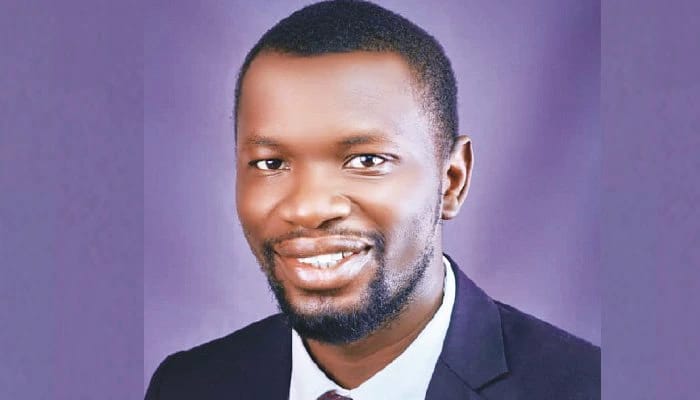Dr. Kefas Wida-James, who serves as the Vice President II of the Nigerian Association of Resident Doctors and also holds the position of President at FTH Gombe ARD, has revealed a concerning trend.
Every year, about 10 doctors from Gombe Federal Teaching Hospital decide to leave Nigeria in pursuit of better opportunities, with Saudi Arabia and the United Kingdom being the preferred destinations.
These departures are particularly noticeable during the recruitment season, typically around July, August, and September.
Dr. Wida-James expressed the gravity of the situation, stating that one might be in contact with a colleague one day, only to find their phone unreachable by evening, indicating that they have embarked on a journey abroad.
The impact of this annual migration on the Federal Teaching Hospital Gombe is substantial.
Dr. Wida-James acknowledged the efforts of the hospital’s Chief Medical Director, Dr. Yusuf Abdullahi, in mitigating the effects by hiring more competent staff to fill the void left by those who chose to work abroad.
However, he highlighted the challenges of retaining skilled professionals due to dissatisfaction with the current circumstances.
The hospital management has taken steps to address the issue by engaging ad-hoc staff and providing locum employment to bridge the gaps. Dr. Wida-James commended Dr. Abdullahi for obtaining waivers to facilitate the clearance of doctors and health workers.
Nevertheless, he pointed out that dissatisfaction with remuneration, a responsibility of the Federal Government, contributes to doctors marking time until they can finalize plans to leave the country.
Replacing departing doctors becomes a cyclical challenge. Even if positions are filled, the unique skills and expertise developed over time are not easily replicated. Dr. Wida-James emphasized that the loss of Senior Registrars, who are on the verge of qualifying as Fellows or Consultants, creates a significant gap in specialized medical services.
While the Federal Teaching Hospital Gombe has not yet reached the point of closing departments, the impact is evident.
Departments ideally staffed with multiple consultants or senior registrars now operate with half the required number. This shortfall affects the optimal level of service that patients should receive.
Dr. Wida-James expressed concerns about the future landscape of medical professionals in Nigeria.
He suggested that, given the current trend, only general practitioners may remain in the country, as foreign countries actively seek specialists, particularly in areas like surgery, ophthalmology, and ENT.
This dynamic poses a potential challenge to the diversity and expertise within the Nigerian medical community.



